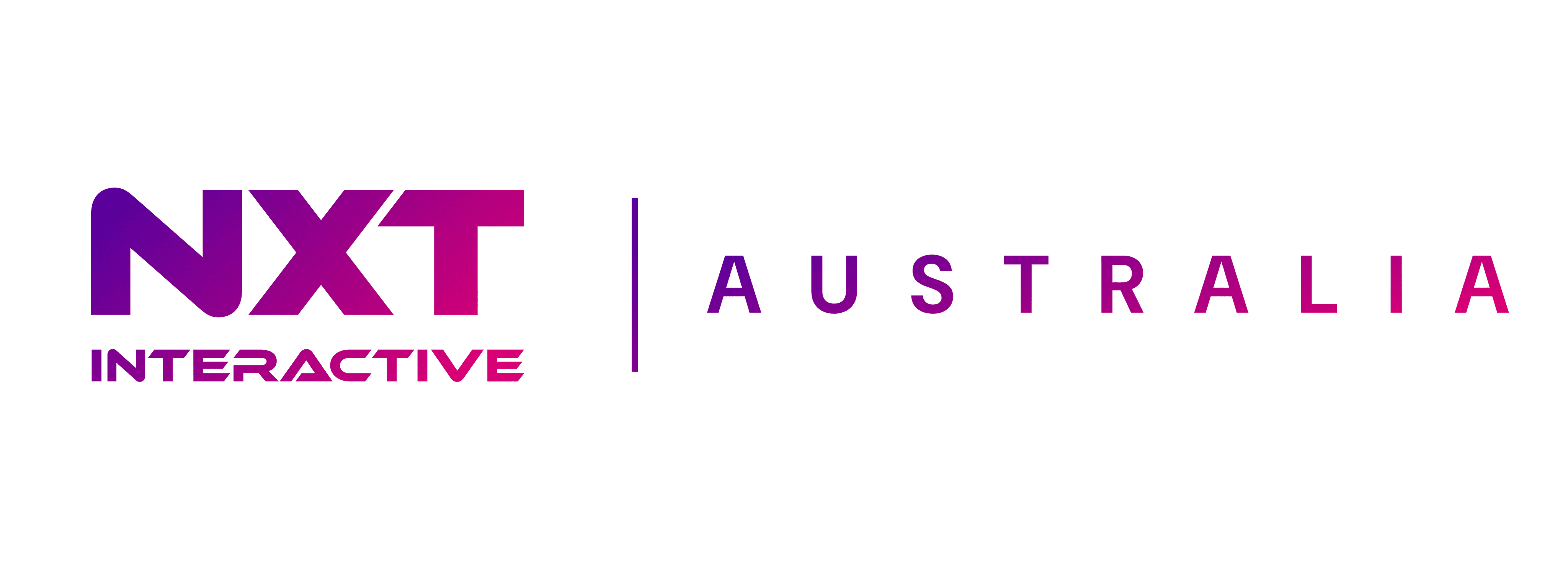Gamification for Events: The Fuel Behind Successful Event Marketing
Apr 8, 2024
Introduction
In the realm of event marketing, standing out amidst the sea of competitors can be a formidable challenge. Yet, the key to success lies in capturing attention, fostering engagement, and creating lasting memories for attendees. Enter event gamification – an innovative approach that integrates game mechanics into event planning, transforming marketing efforts into interactive experiences. In this article, we delve into the realm of playable marketing delivered through event gamification, exploring its myriad benefits and offering actionable insights for implementation.
Unveiling the Power of Event Gamification
Event gamification harnesses the intrinsic human desire for competition, achievement, and recognition to enhance engagement, participation, and overall event effectiveness. By infusing game mechanics and playable campaigns into event strategies, marketers can craft experiences that captivate audiences, drive interaction, and yield valuable data insights.
The Threefold Benefits of Gamification
Before, during, and after the event, gamification yields a host of advantages for event marketers:
Before the Event:
Increase Participation: Injecting gamification into pre-event promotions cultivates excitement and fosters interaction with the brand. Engaging challenges, games, or quizzes incentivize potential attendees, fueling anticipation and driving registrations.
Build Anticipation: Traditional text-based reminders often fall short in maintaining excitement. Through playable experiences like pre-event competitions, marketers sustain anticipation levels, mitigating registration cancellations and fostering sustained interest.
Get to Know Your Attendees: Gamification isn't just about fun – it's a potent tool for data collection. Interactive registration forms, surveys, or quizzes gather crucial insights, enabling personalized event experiences and enhancing lead generation.
During the Event:
Enhanced Attendee Experience: Incorporating games and challenges transforms events into immersive experiences. Attendees enjoy heightened interactivity, fostering networking, learning, and entertainment opportunities, both virtually and in-person.
Increased Social Media Engagement: Gamification encourages attendees to share their experiences online, amplifying event reach and exposure. Gamified social media challenges spur user-generated content, generating buzz and extending event awareness.
After the Event:
Improved Lead Nurturing: Post-event gamification sustains lead engagement. Personalized challenges and rewards maintain interest, fostering ongoing relationships and nurturing leads towards conversion.
Better Data Collection: Gamified surveys and quizzes provide invaluable post-event feedback. Insights gleaned regarding attendee satisfaction, preferences, and behaviors inform future event improvements, enhancing overall effectiveness.
Crafting a Strategic Approach
With myriad gamification possibilities, marketers must adopt a targeted and efficient strategy aligned with overarching marketing objectives. Identifying key campaigns that resonate with the audience enables the creation of impactful event gamification initiatives that deliver measurable results.
Conclusion
Event gamification represents a dynamic approach to event marketing, elevating engagement, participation, and attendee satisfaction. By integrating playful elements throughout the event lifecycle, marketers can craft memorable experiences that resonate with audiences, drive brand affinity, and propel organizational growth. Embrace the power of gamification and unlock new realms of event marketing success.







